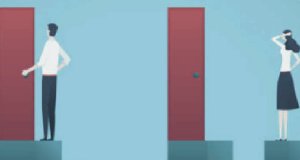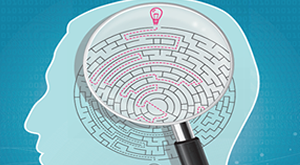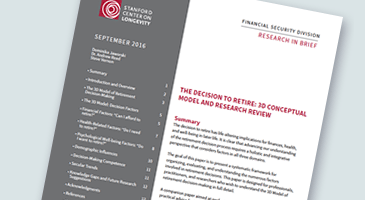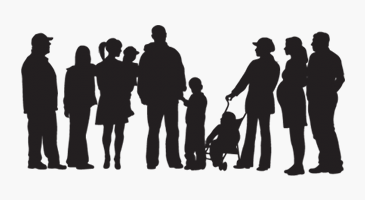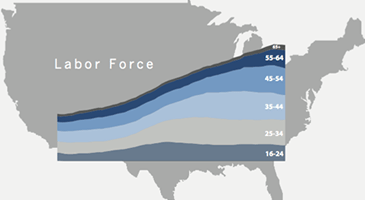MISSION
The mission of the Stanford Center on Longevity is to accelerate and implement scientific discoveries, technological advances, behavioral practices, and social norms so that century long lives are healthy and rewarding.
GET INVOLVED
 Start by joining the conversation on social media or subscribing to our newsletter. Support the Center by making a gift, or by participating in our Corporate Affiliates program. There are many ways you can help us redesign long life.
Start by joining the conversation on social media or subscribing to our newsletter. Support the Center by making a gift, or by participating in our Corporate Affiliates program. There are many ways you can help us redesign long life.
TRANSLATE THIS SITE [google-translator]
STAY INFORMED WITH
LONGEVITY BRIEFINGS
 Subscribe now and stay informed about the Center’s latest research collaborations, upcoming conferences and events and more.
Subscribe now and stay informed about the Center’s latest research collaborations, upcoming conferences and events and more.
LONGEVITY IN THE NEWS
Faculty Spotlight
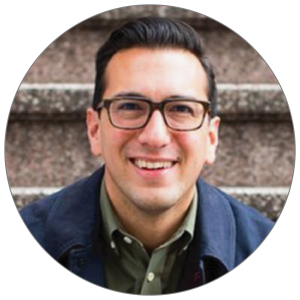 JAMIL ZAKI is a professor of psychology, and the director of the Stanford Social Neuroscience Lab. Using tools from psychology and neuroscience, he and his colleagues examine how empathy works and how people can learn to empathize more effectively. His writing on these topics has appeared in the New York Times, the Washington Post, the New Yorker, and the Atlantic.
JAMIL ZAKI is a professor of psychology, and the director of the Stanford Social Neuroscience Lab. Using tools from psychology and neuroscience, he and his colleagues examine how empathy works and how people can learn to empathize more effectively. His writing on these topics has appeared in the New York Times, the Washington Post, the New Yorker, and the Atlantic.
In his latest book, “The War for Kindness: Building Empathy in a Fractured World,” he shares cutting-edge research, including experiments from his own lab, showing that empathy is not a fixed trait—something we’re born with or not—but rather a skill that can be strengthened through effort. He discussed this in depth in a talk given in February 2020 as part of SCL’s Distinguished Lecture series.
Over the past few months, Zaki’s research has been featured in news articles and interviews in the context of the COVID pandemic. He recently penned an op-ed in The Washington Post on pandemic trauma and how it could inspire personal growth around the world.
Learn more about Jamil Zaki’s research:
- How the trauma of the pandemic can inspire personal growth
June 1, 2020 | The Washington Post - Yes, there is goodness to be found even in these dark days. Its name is kindness
June 6, 2020 | The Washington Post - Video: “The War for Kindness: Building Empathy in a Fractured World”
February 20, 2020 | Stanford Center on Longevity talk














